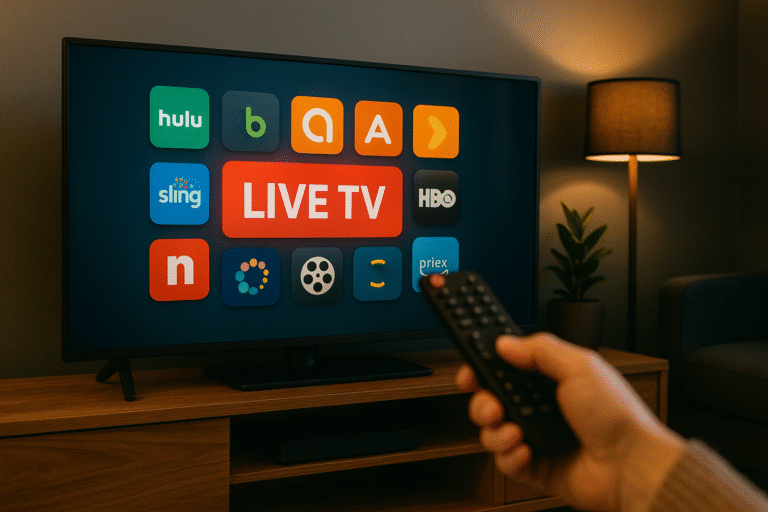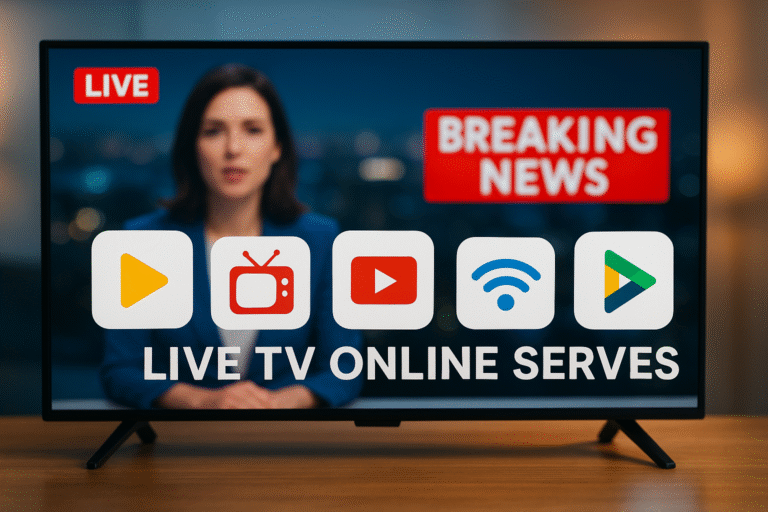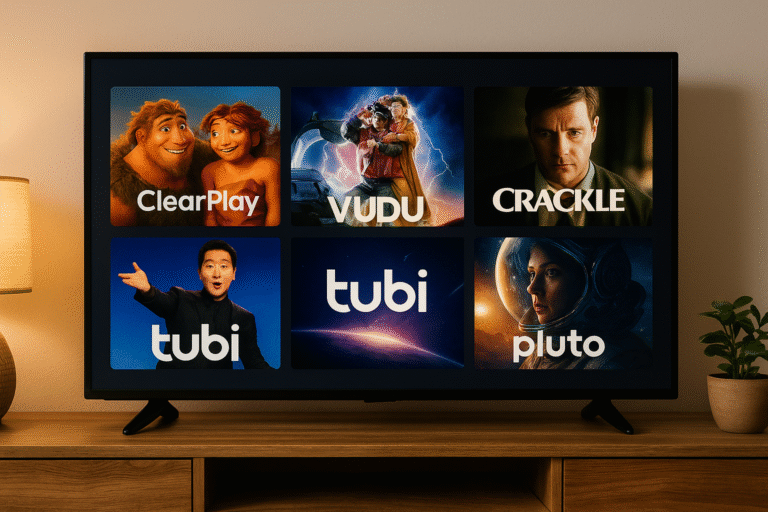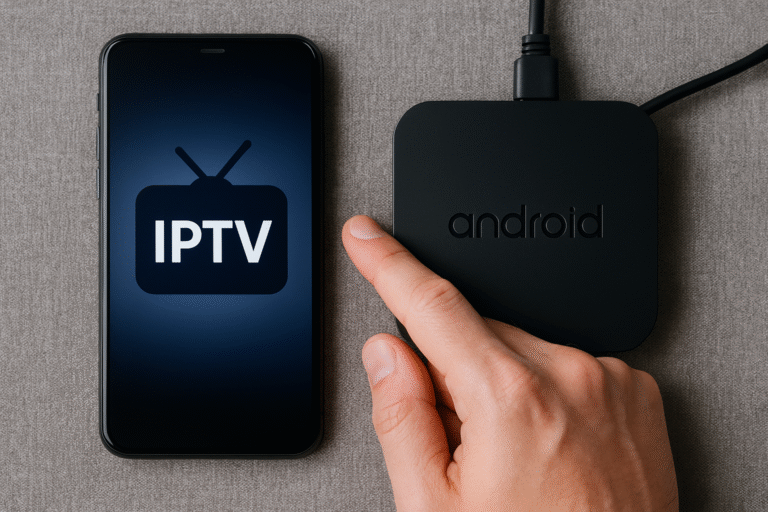How to Manage IPTV Licensing & Compliance 2026
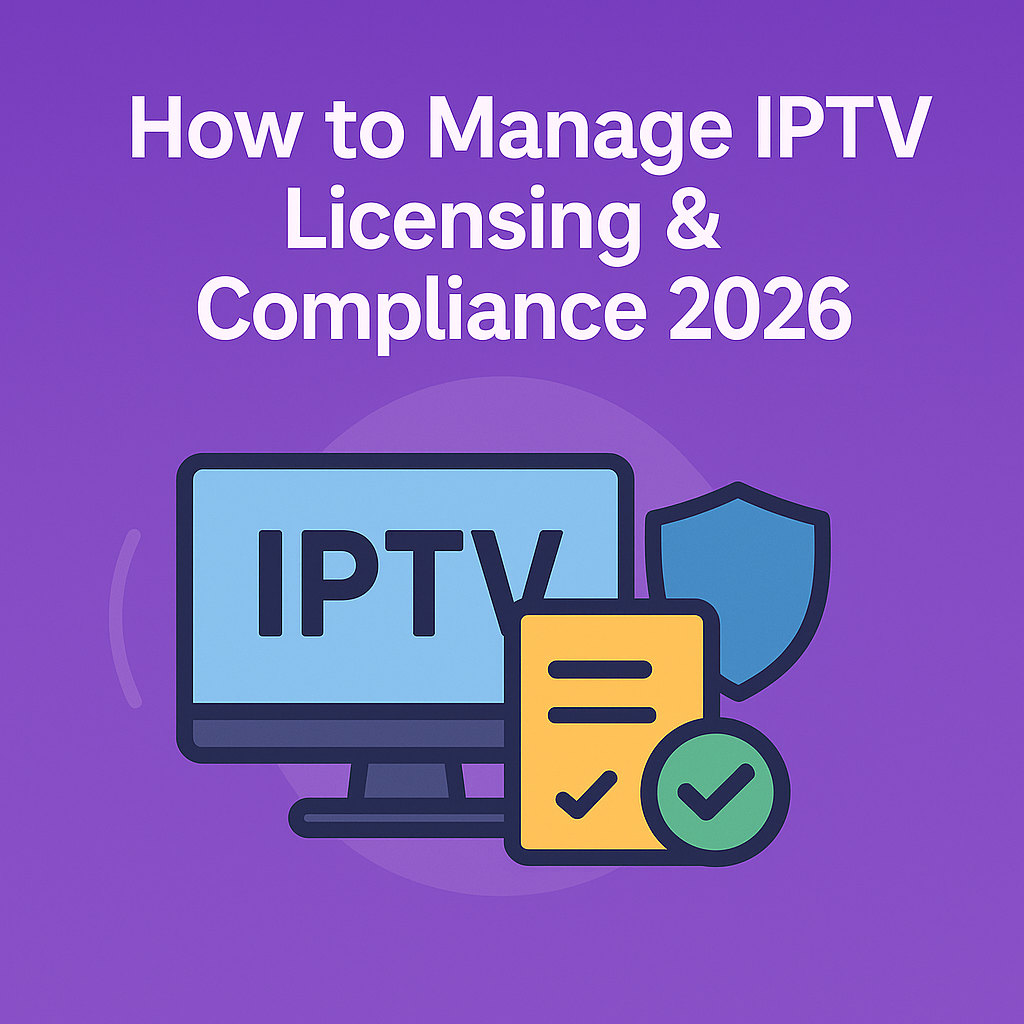
Introduction
As IPTV continues to dominate the digital broadcasting industry in 2026, one of the most critical yet often overlooked aspects is licensing and compliance. With global content distribution now happening at lightning speed, managing the legal side of IPTV has become a cornerstone of sustainability. In this article, you’ll learn how to manage IPTV licensing and compliance effectively — from copyright protection to regional regulation management — and how modern providers streamline this complex process.
Understanding IPTV Licensing
IPTV licensing refers to the legal permissions that allow a platform to broadcast, distribute, or retransmit television channels, movies, and live events over IP networks. Every video stream has associated rights — whether it’s owned, shared, or syndicated. Without proper licensing, IPTV services risk takedowns, fines, or even permanent bans.
Licensing typically covers three major areas:
- Content Ownership: Ensuring the platform has permission to distribute the video content.
- Transmission Rights: Defining the regions and audiences where the content can be legally streamed.
- Usage Terms: Managing how subscribers can watch, record, or redistribute the content.
Compliance in IPTV: Why It Matters
Compliance ensures that IPTV platforms follow all national and international regulations. It protects both the service provider and its customers. In 2026, the laws surrounding IPTV are stricter than ever due to increasing piracy and copyright violations.
Key compliance areas include:
- Copyright Laws: All distributed content must have clear rights ownership.
- Regional Broadcasting Regulations: Some countries restrict foreign channels or require government approval.
- GDPR & Data Protection: IPTV providers must secure user data, especially in Europe and Asia.
- ISP Cooperation: Working with internet providers to ensure fair use and prevent illegal streaming.
How to Manage IPTV Licensing Efficiently
Managing IPTV licensing is not just about compliance; it’s about smart operations. Here’s how successful providers do it in 2026:
- Partner with Licensed Distributors: Use trusted content suppliers like CCCam2 Premium IPTV that offer pre-approved streaming rights.
- Use Licensing Databases: Keep a record of content rights, expiry dates, and regional access permissions.
- Implement DRM (Digital Rights Management): Protect streams from unauthorized redistribution.
- Regular Legal Audits: Conduct periodic reviews to ensure all content remains compliant.
- Geo-Restriction Enforcement: Restrict access to certain channels where licensing does not apply.
Challenges in IPTV Compliance
Even with strong systems, IPTV providers face major challenges:
- Complex Global Laws: Every country has its own streaming and content licensing rules.
- Frequent Updates: Licensing terms and renewals change regularly, requiring constant monitoring.
- Unauthorized Restreaming: Competitors or users may illegally redistribute your streams.
- Jurisdiction Conflicts: Multinational operations can overlap with different copyright regimes.
Reality Check
In 2026, running an IPTV platform without a compliance framework is like driving without insurance. Sooner or later, violations will catch up. Leading providers such as CCCam2 Premium IPTV maintain full compliance by using licensed content libraries, secure DRM encryption, and region-based delivery systems. It’s no longer enough to stream — you must stream legally and transparently.
Final Verdict
IPTV licensing and compliance in 2026 define credibility, longevity, and profit sustainability. Providers who invest in legal frameworks, audits, and partnerships will dominate the market. It’s not just about avoiding penalties — it’s about building trust and offering viewers the confidence that they’re watching legitimate, secure, and ethical content.
FAQ Section
1. Why is IPTV licensing so important?
It protects both providers and users from legal issues, ensuring content is distributed under proper authorization.
2. Can I operate IPTV without a license?
No. Unauthorized streaming violates international copyright laws and can lead to heavy penalties or service shutdowns.
3. How do I check if an IPTV provider is licensed?
Look for transparency in content sources or choose trusted providers like CCCam2 Premium IPTV that clearly display licensing details.
4. What happens if a channel violates compliance?
It can be removed from the playlist, the provider can lose distribution rights, and legal actions may follow depending on jurisdiction.


